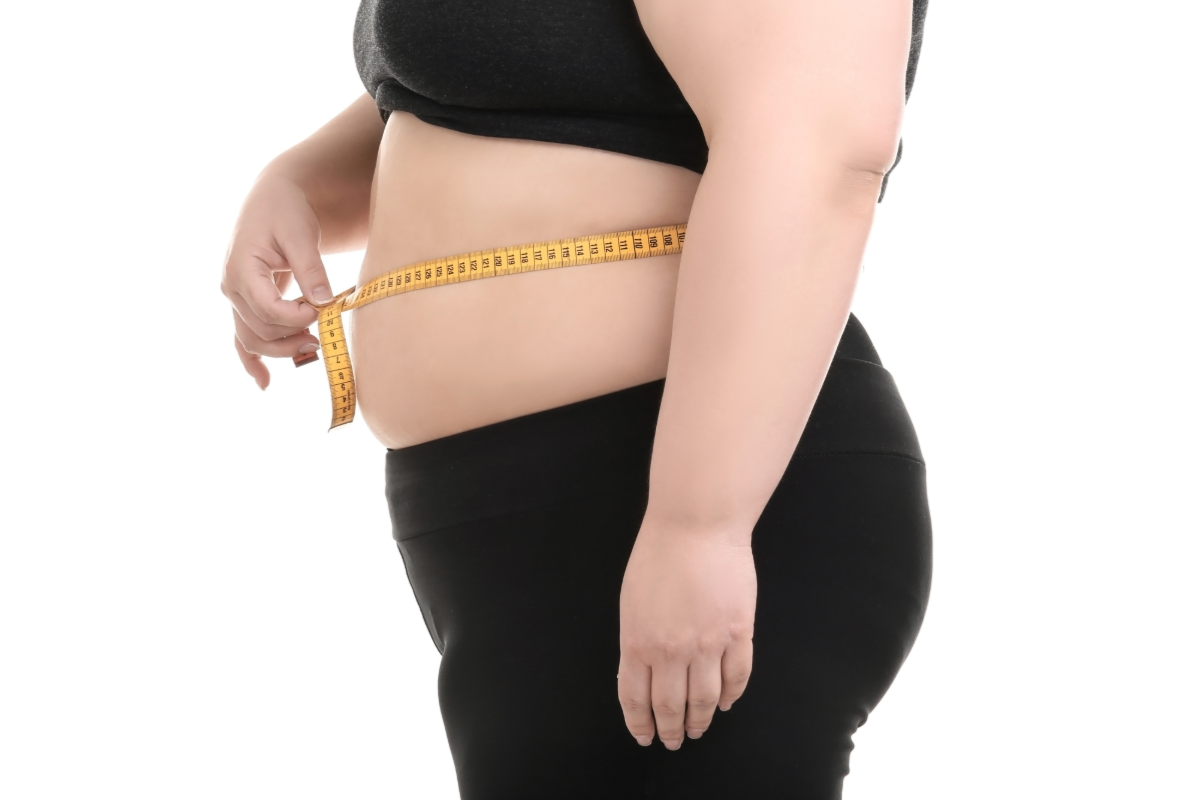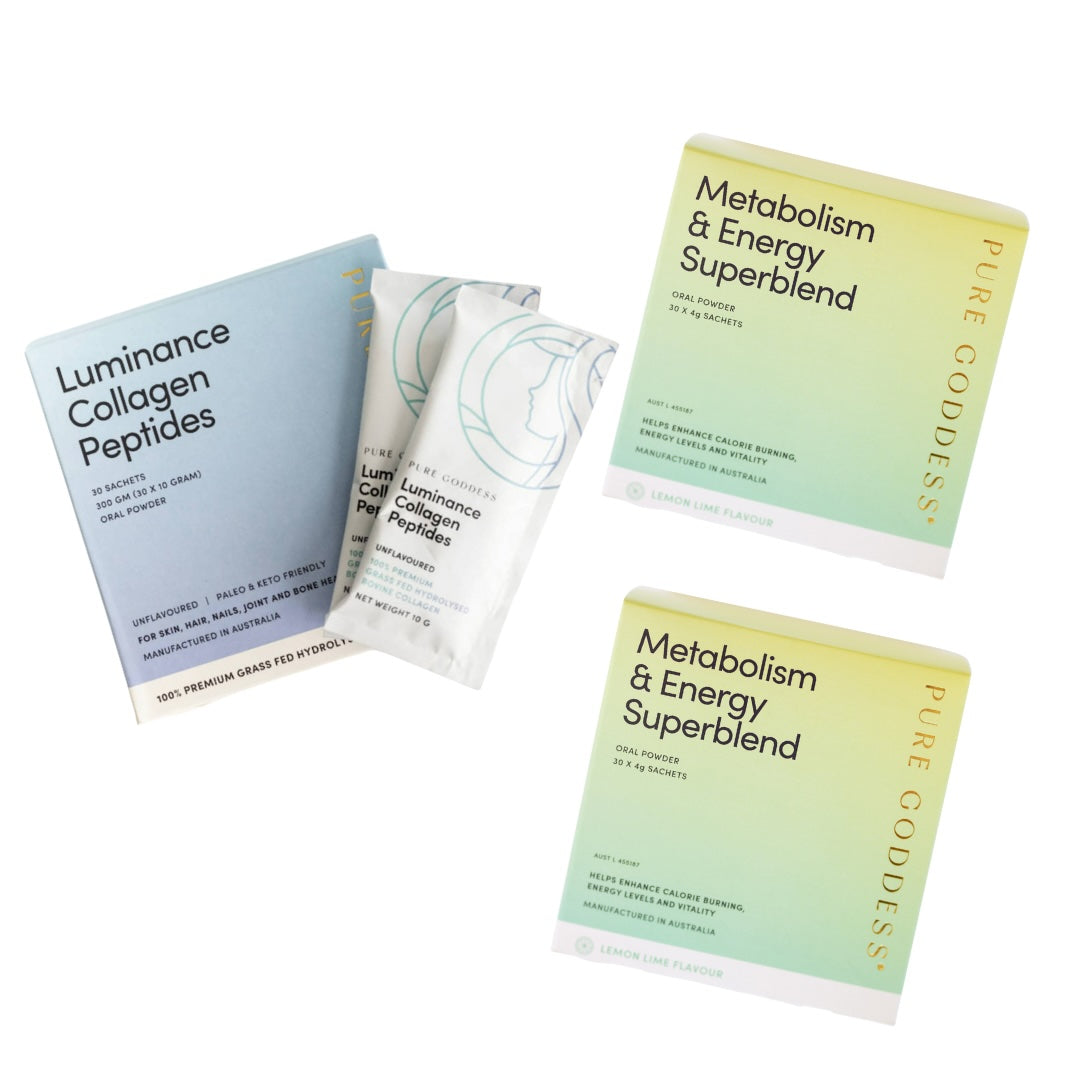
The Importance of Vitamin D for Australians: Sun Safety and Optimal Health
Vitamin D - the sunshine vitamin, the key to strong bones, a robust immune system, and better overall health. Yet, many Australians are deficient, despite our reputation as a sun-drenched nation.
Research suggests that about 30% of Australian adults have inadequate vitamin D levels, particularly during winter and spring. Given that this nutrient is crucial for everything from bone health to immune function, it’s worth understanding why it matters, how to get enough, and what happens if you don’t.
What Is Vitamin D and Why Does It Matter?
Vitamin D is not actually a vitamin, it is a hormone that the body produces when ultraviolet (UV) rays from the sun interact with the skin. It plays a crucial role in:
-
Bone Health – It helps the body absorb calcium and phosphorus, preventing osteoporosis and fractures.
-
Immune Function – Low levels have been linked to increased susceptibility to infections, including respiratory illnesses.
-
Mood and Mental Health – Research indicates that vitamin D deficiency may contribute to depression and anxiety.
-
Hormonal Balance – It plays a role in thyroid function and reproductive health.
-
Metabolism and Weight Management – Some studies suggest it helps regulate insulin and metabolism, which is important for weight control.
Despite these benefits, many Australians are not getting enough.

Why Are Australians Vitamin D Deficient?
Even in a country known for its sunshine, several factors contribute to deficiency:
-
Sun Safety Practices – Slip, slop, slap has been drilled into us for good reason. Sunscreen, protective clothing, and shade all help reduce skin cancer risk, but they also limit vitamin D production.
-
Lifestyle and Work Habits – Many Australians spend most of their day indoors at work or school, reducing sun exposure.
-
Seasonal Variation – During winter and spring, the UV index is lower, particularly in southern parts of Australia, making it harder to produce vitamin D.
-
Skin Type – People with darker skin require more sun exposure to generate the same amount of vitamin D as those with lighter skin.
-
Ageing – The body becomes less efficient at producing vitamin D as we get older.

Why Vitamin D is Essential for Women in Menopause
Vitamin D becomes even more crucial for women going through menopause. As estrogen levels decline, the risk of osteoporosis and bone fractures increases, making adequate vitamin D intake essential for maintaining bone density. Additionally, vitamin D has been linked to muscle strength, heart health, and mood regulation, factors that are particularly important during menopause.
The recommended blood level of vitamin D for optimal bone and overall health is generally 50 nmol/L or higher, with some experts suggesting levels closer to 75 nmol/L for postmenopausal women. Ensuring adequate intake through safe sun exposure, diet, and supplementation can significantly support long-term health.
How to Get Enough Vitamin D Safely
Because excessive sun exposure increases the risk of skin cancer, it’s important to find a balance. Here are some safe ways to maintain adequate vitamin D levels:
-
Safe Sun Exposure – Short periods of sun exposure to bare skin outside peak UV times (morning or late afternoon) can help. The Cancer Council suggests just a few minutes most days in summer and longer exposure in winter, depending on location and skin type.
-
Vitamin D-Rich Foods – Fatty fish (salmon, sardines, mackerel), egg yolks, and fortified dairy products provide some vitamin D.
For recipe inspiration, check out our Pure Goddess 28 Day Metabolic Reset Ebook - also available as a paperback book!
-
Consider a Supplement – If blood tests show a deficiency, a supplement may be necessary, especially during winter or for those with limited sun exposure.
-
Regular Testing – A blood test (25-hydroxyvitamin D) can determine whether levels are sufficient.

What Happens If You Are Deficient?
Low vitamin D levels can lead to a range of health issues, including:
-
Weakened Bones and Osteoporosis – Long-term deficiency increases the risk of fractures. Taking a vitamin D supplement in addition to a collagen supplement can help. Pure Goddess Luminance Collagen Peptides is an essential protein for your body, supporting bones, joints, ligaments, hair, skin, nails, the gut, and lots more.
-
Frequent Illness – A weakened immune system means higher susceptibility to infections.
-
Mood and Cognitive Issues – Deficiency has been linked to depression and cognitive decline.
-
Metabolic and Weight Issues – Some research suggests vitamin D plays a role in weight regulation.
Final Thoughts
Vitamin D is essential for overall health, but balancing sun safety with adequate levels can be tricky in Australia. Whether through careful sun exposure, diet, or supplements, maintaining optimal levels is crucial for bone health, immune function, and overall wellbeing. If in doubt, speak to a healthcare professional about testing and supplementation options.







Leave a comment
This site is protected by hCaptcha and the hCaptcha Privacy Policy and Terms of Service apply.